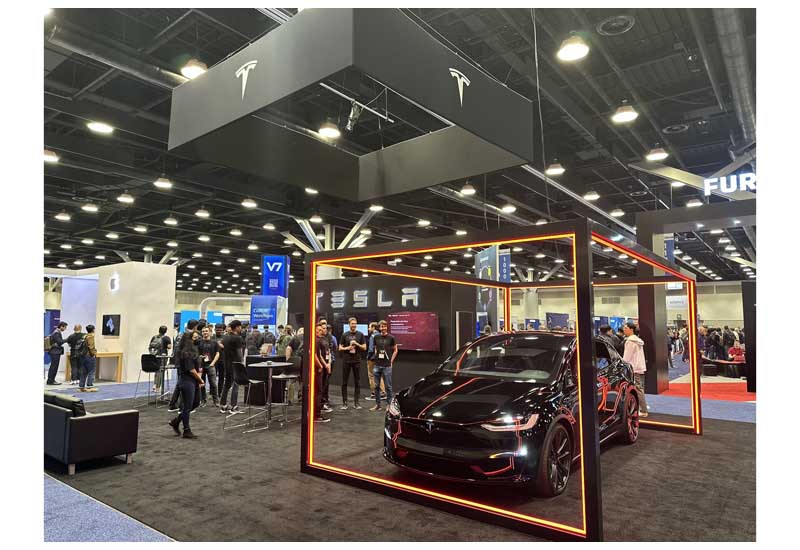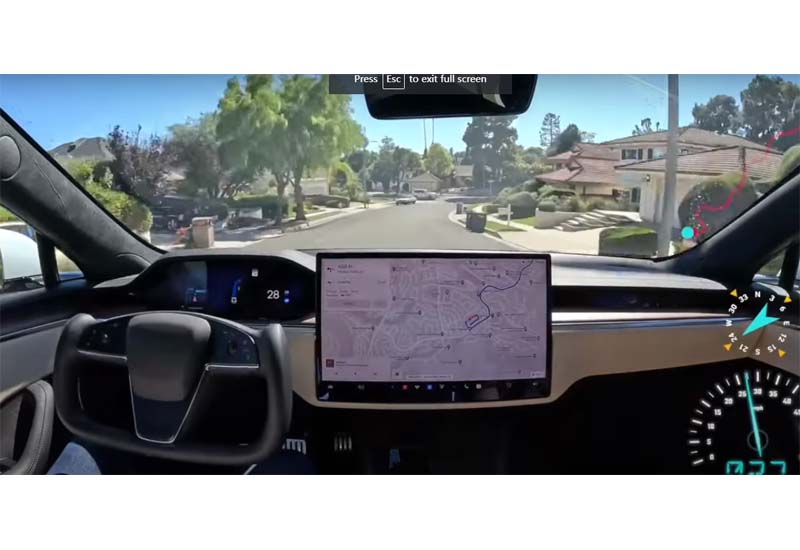While companies like Cruise aim for autonomous driving, Tesla maintains a distinct advantage – access to billions of miles of real-world driving data from its massive existing fleet. This gulf in information could impact regulatory approval.
Recently, San Francisco suspended Cruise’s self-driving permit over safety concerns. However, Tesla bulls argue its vast data trove may convince regulators of the safety benefits enabled by its technology.

Elon Musk’s FSD Beta v12 Demo Showcases Major AI Breakthrough for Self-Driving
Tesla’s sheer scale of vehicles, collectively driving millions of miles daily, provides an invaluable bank of scenarios needed to train AI driving algorithms. Simulation has limits – only real-world exposure can capture the complexity of actual driving environments.
This allows Tesla to continuously refine its Full Self-Driving software, relying less on mapping compared to competitors like Cruise and Waymo. Tesla’s systems can simply learn organically from experience.
Additionally, Tesla’s Dojo Supercomputer will massively bolster their compute power for neural network training. Cruise and Waymo lack comparable real-world data breadth and computing hardware.
However, regulators will still group all self-driving tech similarly when evaluating safety. With Cruise suspended in San Francisco, Tesla faces elevated scrutiny, despite technical differences.
While Cruise boasts advanced technology, its limited vehicle fleet hampers access to the same volume of crowd-sourced data. Regulators have similar information gaps that Tesla’s data scale could help overcome.
That said, incidents with any autonomous vehicle technology will likely encounter scrutiny, deserved or not. Tesla cannot rest on its data scale alone – safety remains paramount.
But by leveraging its existing customer fleet, Tesla holds a distinct edge in supplying regulators the evidence needed to prove true autonomous driving capability.
Elon Musk’s push for wider Tesla adoption aligns with this advantage – selling more vehicles grows the data asset further. While competition is heating up, Tesla’s years of driving data at scale presents a huge machine learning benefit.
As vehicles become more intelligent, real-world knowledge is instrumental. Tesla is uniquely positioned to capitalize on this need and establish confidence in full self-driving.
